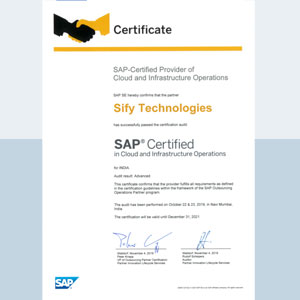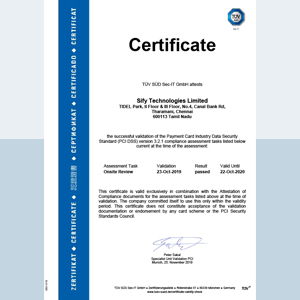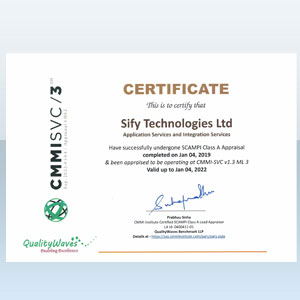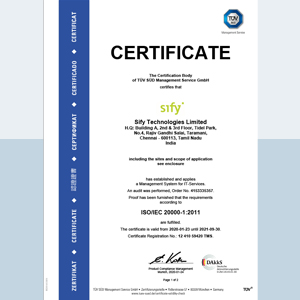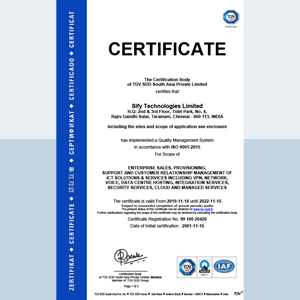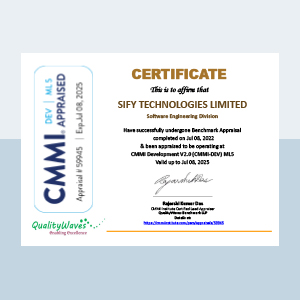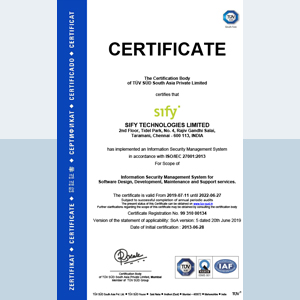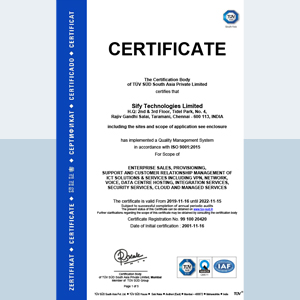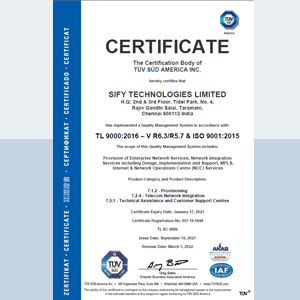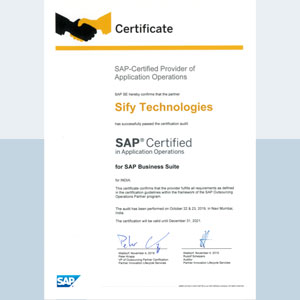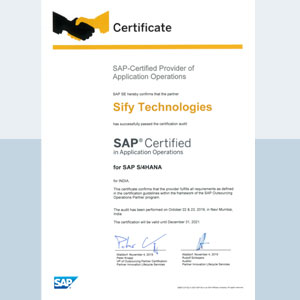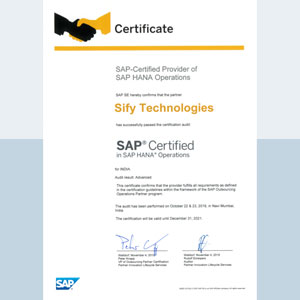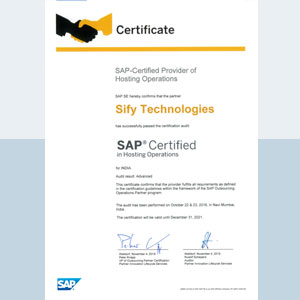Table of contents
Artificial Intelligence (AI) tools such as Microsoft Copilot have already demonstrated their ability to enhance productivity and reduce costs for businesses. However, turning initial experimentation with AI into a successful organisational strategy requires a thoughtful approach.
Below, we explore key steps to help you harness AI’s full potential.
- Formalising Your AI Adoption StrategyIf you’ve been using the free version of Microsoft Copilot, now might be the time to consider upgrading to the paid version. Copilot Pro offers enhanced capabilities, including advanced automation features, robust security settings, and greater scalability. Investing in such tools ensures that your organisation can tackle complex tasks and handle increasing workloads efficiently.
To support your efforts, consider adopting a recognised framework such as the Microsoft Copilot Success Kit. It provides an implementation framework and practical resources designed to streamline and accelerate your mastery of Microsoft 365 Copilot skills.
Another helpful resource is the Artificial Intelligence Playbook for the UK Government, which outlines 10 key principles to ensure the safe, responsible, and effective use of AI within government organisations.
- Customising AI for Your Unique Business NeedsOne of the standout advancements in the AI landscape is the Microsoft Copilot Studio. This dynamic platform allows tailored workflows and automation for complex or time-consuming processes. By leveraging custom capabilities, organisations can integrate AI into their operations, ensuring that productivity tools align with specific goals and challenges.
Copilot Studio not only helps streamline tasks but also accelerates innovation across departments, enabling teams to collaborate smarter and achieve outcomes faster.
- Identifying High-Impact Use CasesOne of the greatest strengths of AI lies in its versatility. To maximise its value, start by identifying tasks or processes in your organisation that could benefit from automation or enhancement. For example, Copilot can be used for first drafts of reports, presentations, and emails, saving employees a lot of manual work. It can also analyse large datasets to uncover trends and provide actionable insights, which can support strategic decision-making.
Another option is AI virtual agents that interact with users, automate tasks, and provide customer support. They can be tasked with streamlining customer service operations, enhancing sales processes and improving internal workflows.
- Strengthening Security MeasuresAs with any technology, ensuring the security of your AI tools is paramount. Data encryption should be a priority to protect sensitive information processed by these tools. Role-based access controls can also help ensure that only authorised staff use AI features. Additionally, regular monitoring and audits are essential to identify any vulnerabilities and ensure compliance with relevant regulations. These measures not only protect your business but also build trust among your employees and customers.
- Empowering EmployeesA successful AI rollout relies on employee engagement and confidence. Start by creating user guides tailored to your organisation’s specific workflows, making them accessible and user-friendly. Invest in training sessions that not only teach employees how to use the tools effectively but also help them understand their limitations. Ongoing support is equally important – having a mechanism in place for troubleshooting and answering questions will ensure a smooth adoption process and boost overall productivity.
- Optimising Data ManagementAI tools perform at their best when provided with high-quality, well-organised data. Establishing accurate and up-to-date databases is therefore crucial. Ensure that your existing software and databases can integrate seamlessly with AI tools to avoid disruptions. Also, consider the scalability of your data infrastructure to accommodate future growth, as data volumes are likely to increase over time. With a strong foundation of reliable data, your organisation will be better positioned to leverage the full capabilities of AI.
- Choose a Trusted Partner for Your AI JourneyNavigating the complexities of AI adoption can be challenging, but a trusted partner like Sify can simplify the process. Through ourAI and cloud managed services, Sify helps businesses optimise their AI strategies, offering expertise in areas such as cybersecurity, cloud solutions, database management and employee training. Our bespoke solutions ensure that your AI tools are securely deployed and aligned with your organisation’s goals, all while keeping costs transparent and manageable.
Learn more about how Sify can support your organisation’s AI journey by booking a call to discuss your goals.
Conclusion
Successfully transitioning from experimenting with AI tools to integrating them into your organisation demands a strategic and forward-thinking approach. By embedding AI tools like Microsoft Copilot into your core processes, underpinned by recognised frameworks and robust security measures, you can drive more informed decision-making and operational excellence.
Empowering your workforce to embrace AI drives innovation and agility, while optimised data management ensures these systems deliver meaningful insights and outcomes.
Collaboration with trusted partners like Sify not only streamlines this complex transformation but also equips your organisation to thrive in an AI-driven future. Embracing AI isn’t merely about adopting new technology; it’s about reimagining how your business operates and competes. When executed right, AI can become the catalyst for your organisation’s sustained growth and success.
















